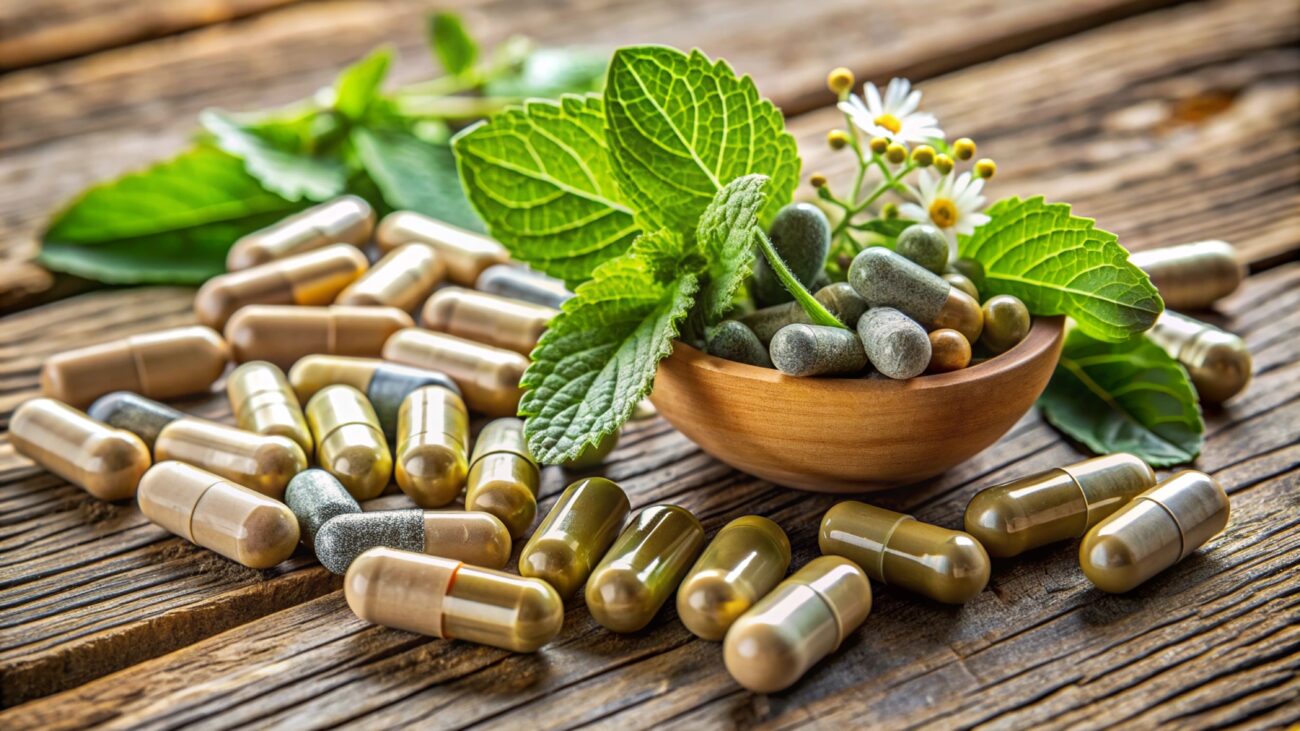Essential Vitamins You Need in Your 30s

Entering your 30s is a pivotal time in your life, both personally and physically. As your body begins to undergo subtle changes, prioritizing the right vitamins and nutrients becomes essential for maintaining energy, supporting metabolism, and promoting long-term health. Below, we explore the key vitamins you need in your 30s and how they contribute to overall well-being.
1. Vitamin D: Bone and Immune Health
Vitamin D is vital for maintaining strong bones and a healthy immune system. As we age, our body’s ability to absorb calcium declines, making vitamin D even more important for preventing bone density loss and conditions like osteoporosis. Additionally, vitamin D supports immune function, helping your body ward off illnesses and infections.
How to get it: Sun exposure is the best natural source of vitamin D, but it can also be found in foods like fatty fish, fortified milk, and egg yolks. Consider supplements if you live in a region with limited sunlight.
2. Vitamin B12: Energy and Brain Function
Vitamin B12 plays a key role in energy production and cognitive function, both of which are essential in your 30s when work and life responsibilities are at their peak. A deficiency in B12 can lead to fatigue, mood swings, and even memory problems. It’s also critical for the formation of red blood cells and maintaining a healthy nervous system.
How to get it: B12 is primarily found in animal products like meat, fish, eggs, and dairy. If you’re vegetarian or vegan, you may need to take a supplement to meet your daily requirements.

3. Folate (Vitamin B9): Cellular Health and Reproduction
Folate, or vitamin B9, is important for cell growth and regeneration, making it particularly valuable for women in their 30s who are planning to have children. Folate helps prevent birth defects and supports overall reproductive health. It also assists in the production of DNA and RNA, essential for cellular function.
How to get it: Leafy greens, beans, peas, and fortified grains are excellent sources of folate. For women who are pregnant or trying to conceive, a prenatal vitamin containing folic acid (the synthetic form of folate) may be recommended.
4. Vitamin C: Collagen Production and Antioxidant Protection
As you age, collagen production in your body begins to slow down, leading to the early signs of aging like wrinkles and sagging skin. Vitamin C not only boosts collagen production, but it also acts as a powerful antioxidant, protecting your skin from oxidative stress and promoting a youthful complexion.
How to get it: Citrus fruits, strawberries, bell peppers, and broccoli are all rich in vitamin C. Adding these to your diet will help maintain healthy skin and support your immune system.
5. Vitamin E: Skin and Heart Health
Vitamin E is another potent antioxidant that helps protect your cells from damage. It’s particularly beneficial for your skin, as it combats free radicals that contribute to premature aging. In addition, vitamin E promotes heart health by improving blood vessel function and preventing the buildup of cholesterol.
How to get it: Nuts, seeds, spinach, and sunflower oil are great sources of vitamin E. Regularly incorporating these into your diet will keep your skin glowing and support cardiovascular health.

6. Calcium: Bone Strength
While calcium is important throughout your life, it becomes even more crucial in your 30s as bone mass begins to decline. Maintaining adequate calcium intake helps preserve bone density, reducing the risk of fractures and osteoporosis in later years.
How to get it: Dairy products, leafy greens, and fortified plant-based milks are excellent sources of calcium. If you’re not getting enough from your diet, a supplement may be necessary.
7. Iron: Preventing Fatigue
Iron is essential for carrying oxygen throughout your body and preventing fatigue. Women in their 30s, especially those who menstruate, may be at higher risk of iron deficiency, which can lead to anemia. Ensuring you get enough iron helps maintain energy levels and supports overall vitality.
How to get it: Red meat, poultry, lentils, beans, and spinach are high in iron. Pairing iron-rich foods with vitamin C can enhance absorption.
Conclusion
As you navigate your 30s, ensuring you get the right vitamins is essential for maintaining your health, energy, and vitality. Focus on a balanced diet rich in whole foods, and consider supplements if necessary, especially for nutrients like vitamin D, B12, and iron. By making these vitamins a priority, you’ll set the foundation for a healthier future.
Harvard T.H. Chan School of Public Health. (2022). Vitamin D and Health. https://www.hsph.harvard.edu/nutritionsource/vitamin-d/
National Institutes of Health (NIH). (2021). Vitamin B12 Fact Sheet for Health Professionals. https://ods.od.nih.gov/factsheets/VitaminB12-HealthProfessional/
Mayo Clinic. (2021). Folic Acid (Folate) and Pregnancy. https://www.mayoclinic.org/tests-procedures/prenatal-care/in-depth/folic-acid/art-20046944
Cleveland Clinic. (2022). Vitamin C Benefits. https://my.clevelandclinic.org/health/articles/7060-vitamin-c
National Institutes of Health (NIH). (2022). Vitamin E Fact Sheet for Health Professionals. https://ods.od.nih.gov/factsheets/VitaminE-HealthProfessional/
MedlinePlus. (2021). Calcium in Diet. https://medlineplus.gov/ency/article/002412.htm
American Society of Hematology. (2020). Iron Deficiency Anemia. https://www.hematology.org/education/patients/anemia/iron-deficiency









